SRA event - Innovation: Making business ideas a reality
A bit of breakfast and a sip of sleep’s worst nightmare, the espresso, and it was time to get on the train and head to another interesting event around LegalTech. It feels quite nice to have so many events you can attend now. On 21 October 2021, the Legal Innovation Lab Wales team attended a panel discussion at Techniquest science museum in Cardiff, hosted by the Solicitors Regulation Authority (SRA) around innovation in the legal sector. After taking some time to appreciate the wonderful exhibits of the museum, such as the robotic arm and the vacuum crane, it was time to start the discussion. While one could easily think that innovation is a subject of interest only for the big law firms, this event was specifically designed to address small and medium sized firms and how they can bring innovation into their everyday life.
What does innovation in the legal sector mean to you? The first question sounded quite innocent, but proved very difficult to answer. The panel was joined by Steph Locke, CEO of Nightingale HQ, Chris Nott OBE, Founder of Capital Law, and Director at Capital People, Clive Thomas, Managing Director at Watkins & Gunn Solicitors and Dr Adam Wyner, Associate Professor in Law and Computer Science at Swansea University.
What became obvious through the discussion was that there are many challenges for innovation in the legal sector, such as the potential high cost of implementation combined with the need to pass the test of time, the need to stay ahead of the curve or, indeed, to come up with the next disrupting tech application, or even the fear of being replaced by AI and tech tools. However, innovation can be a lot easier than that. Small and medium law firms do not actually need to become the disruptor, nor invest enormous amounts of money into innovative research and development. And surely, they are not going to lose their jobs any time soon. What they need to do, according to the panelists, is as simple as putting one or two people on the lookout, investing within their limits to find appropriate tools to enhance their and their clients’ experience, and collaborating with technology experts and each other. The changes are small, and the extracted value is immense. The firm starts moving forward, clients are happier than ever, and legal professionals save time and get acquainted with technology.
Wonderful ideas can come from anywhere. Innovation can be easily found in neighboring fields, but also in seemingly irrelevant ones. Keeping an eye open is crucial. However, the first steps will always be difficult, there is no doubt. Legal professionals are, by the nature of their profession, risk averse. A lawyer’s job is to minimise and mitigate risk, to secure and defend rights. These tasks do not exactly match with exploring new toolsets, trying out untested solutions, and proposing radical changes. All these activities involve a much higher degree of risk than lawyers are used to. Nevertheless, innovation is impossible without embracing a certain amount of risk. Legal professionals need to develop a certain degree of confidence with risk to give room for change. That is not to say that they will put their client’s rights in danger - rather, they are expected to experiment on the side, implement technology already out in the market, or even let the big guys like Microsoft handle the risk of software development and simply subscribe to their services.
Of course, these changes cannot affect only the legal practice per se. They have to be mirrored in the educational and regulatory side of the profession as well. Although the drive for innovation will come from practitioners, it is crucial for them to know that they have the regulator’s support. This will encourage them to pursue new ideas and solutions and give them the strength to reevaluate their appetite towards risk. In regard to the institutional role, as universities we have a responsibility to equip our students with the necessary tools and skills to thrive as future practitioners. In this new time for law, the need for legal professionals to understand the principles of computer science is increasing exponentially. That does not mean that lawyers will need to know coding, but they need a basic understanding of how computer software works if they want to build a healthy and productive communication with the experts that make their transformative ideas reality.
Wonderful conversations like the one in Techniquest are now happening more and more often and play a very significant role in encouraging law firms to rethink their role towards innovation, sharing experiences and answering questions. It was very exciting to see many firms from all over Wales already involved in the discussion, with their eyes set on taking steps towards embracing legal technology. We can only hope that their number will increase in the future.
See you in the next one!
For more information on the Solicitors Regulation Authority, their actions and upcoming events please follow the link below:

